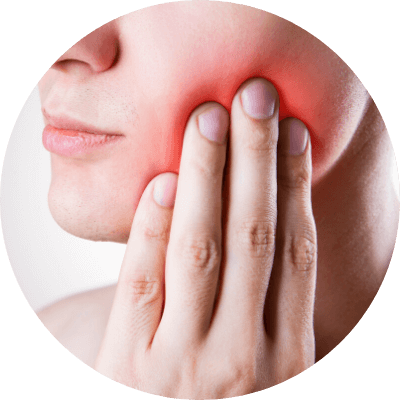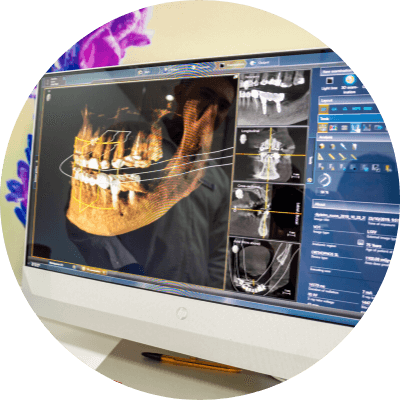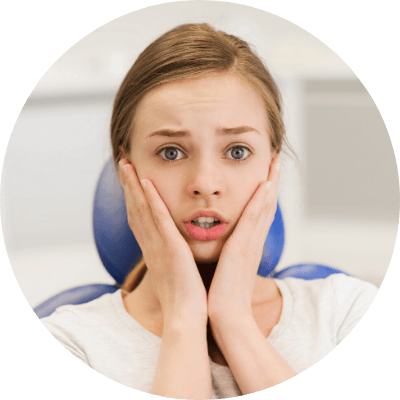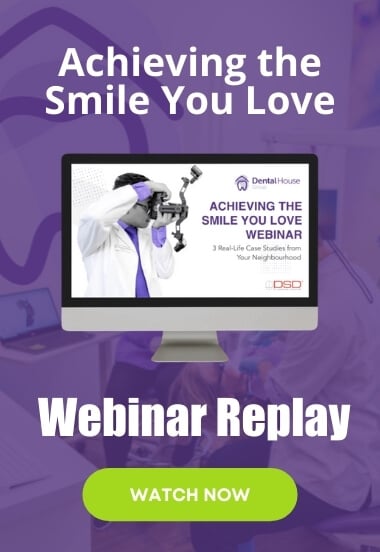How Antidepressants Make Your Mouth Unhappy
How Antidepressants Make Your Mouth Unhappy
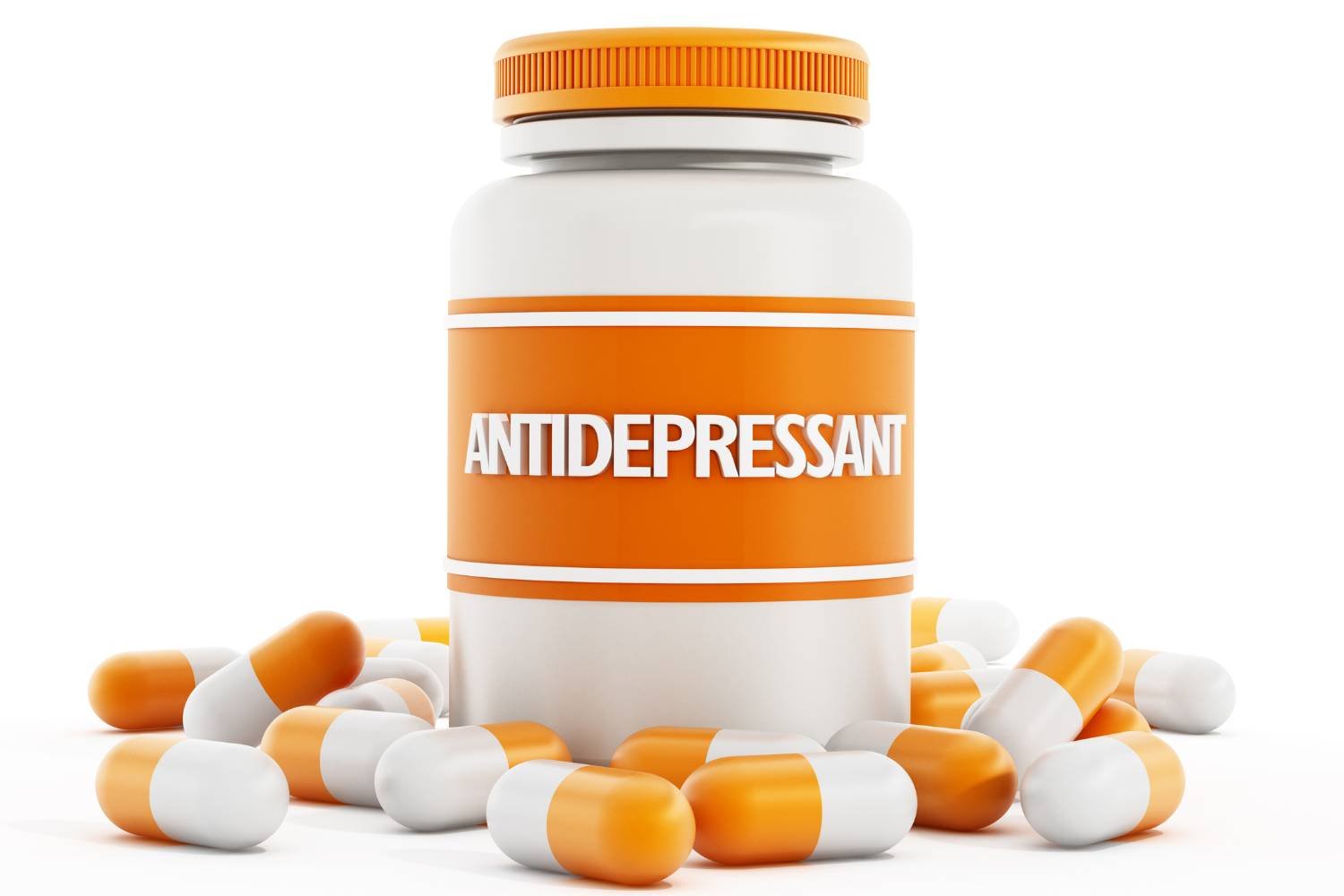
The known dental side effect that’s not even mentioned is the diminished regulation of bone metabolism: crucial to the healing process of dental implants. The University of Buffalo researchers found that the use of antidepressants quadrupled the odds of implant failure.
Substantially under-recognised in dentistry is medication-induced bruxism. Associated almost exclusively with the selective serotonin re-uptake inhibitors commonly prescribed for anxiety and depression, they are symptoms that simply can’t be resolved while the medication continues.
So the teeth that antidepressants don’t crumble, rot or strip will be ground away, and can’t be replaced with implants.
Along with broken teeth down the boulevard of broken dreams of bruxism, are broken relationships. There are few things more torturous than the intolerable sounds of stress as it squeaks, crackles, pops, crunches, grinds and scrapes through the dead of the night.
Then, of course, there is the possible role drug-induced bruxism plays in temporomandibular disorders (TMJs).
As a never-ending story, the effects of medications on oral health put your teeth on edge.
That the use of antidepressants has increased by nearly two and a half times since the year 2000 is surely depressing news.
Data released by the OECD (Organization for Economic Cooperation and Development) shows a dramatic increase in anxiety and depression across 18 European countries.
That it began its emergence during the COVID 19 pandemic, is hardly surprising news.
What may be surprising is that there is no correlation between levels of happiness, and low antidepressant use.
Iceland – ranked as one of the happiest countries in the world according the World Happiness Report – is the record holder for the highest consumption of antidepressants in Europe.
Does Iceland score high on the Happiness Scale because the majority of its citizens are swallowing SSRIs?
How can there be no correlation? Are basically happy people prescribed antidepressants as a preventative?
The premise that these common internalising disorders are due to brain chemistry starts looking a little wonky when a major scientific review found “no clear evidence” that a chemical imbalance is responsible for depressive thoughts and feelings. The widespread use of selective serotonin reuptake inhibitors (SSRIs) – said to work by correcting abnormally low serotonin levels – is certainly now in question.
That the antidepressant drugs market is now worth $US16b a year to the pharmaceutical industry suggests that an answer will never be timely, or clear.
Talk to a mother who bought thalidomide over the counter for morning sickness in the late 1950s or early ‘60s. In any one of 46 countries. Ask the West German pharmaceutical company Chemie Grünenthal GmbH employee how December 25th 1956 was for her when she gave birth to the first thalidomide baby.
Six years after that in the German town of Allendorf, was neonate Gunhild Krämer-Kornja, short armed baby girl with four fingers on each hand, some of which have grown together.
And her rectum on the side of her hip.
Maybe read No Hand To Hold & No Legs To Dance On by Louise Medus, one of the last thalidomide babies, born June 23, 1962 and who lived to the age of 56.
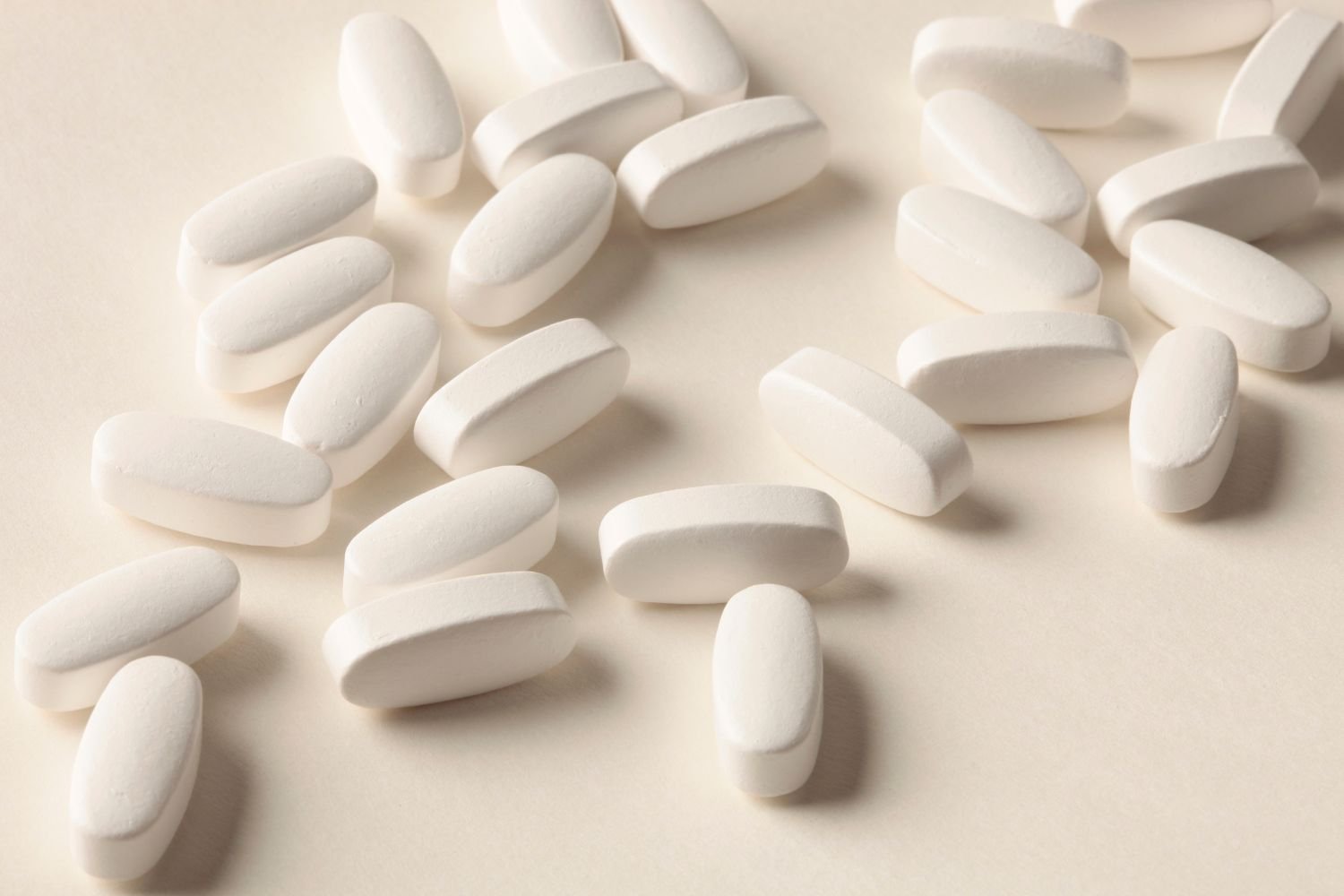
They’re breakthroughs that can’t be applauded.
Originally developed in 1953 as a tranquiliser, thalidomide was deemed a sedative and morning sickness medication without having been tested on pregnancy at all. The physical, aesthetic, nervous system, kidney and heart damage it caused along with the resultant reduced life quality, and expectancy took 50 years to prove as undeniable. Grünenthal (Chemie Grünenthal GmbH at the time of manufacture) and UK distributor Diageo (Distillers) whilst paying multi-millions in compensation to the victims, deny any and all negligence.
Even with allowing the drug to be sold without clinical testing, and failing to withdraw it when the risks were revealed.
That’s some sobering slow clap material. And far from the only one. We’re yet to really know the result of the fast-to-market COVID-19 and its variants vaccines. Controversial for sure; and in the hands of a mega-industry with a track record of profit over people.
How the pharmaceutical industry views medication for the two most common psychiatric illnesses has been under scrutiny since at least 2012. If a kid hadn’t finished a project in that amount of time, they’d be on Ritalin.
Updated Cochrane research concludes that there is insufficient evidence for the use of Omega-3 fatty acid supplements in treating depressive disorders.
At the same time in The New York Review of Books, former editor of The New England Journal of Medicine, Marcia Angell, wrote: “After decades of trying to prove [the chemical-imbalance theory], researchers have still come up empty-handed.” Jonathan Rottenberg, writing for Psychology Today holds the perspective that, “As a scientific venture, the theory that low serotonin causes depression appears to be on the verge of collapse. This is as it should be; the nature of science is ultimately to be self-correcting. Ideas must yield before evidence.”
It’s ironic that it’s on the verge of collapse like the people it treats. It doesn’t appear to have self-corrected much over the last two decades – which for science, is dog years.
Since the vaccine’s repeated releases, evidence continues to yield before ideas: scientific, anecdotal, observational. All flexing in the wind and gusts and breaths of money, motivation, media and madness. The world was granted a pandemic vaccine out of nowhere in just eighteen months and the jury’s been out on its effectiveness pretty much from the start.
Interestingly, the prescription cannabis, and medical use psychotropics markets look to be doing the same.
The connection that was made between brain chemicals and depression was, like many medical discoveries, quite by accident. Its conception was borne by doctors treating tuberculosis patients at Sea View Hospital, Staten Island in 1951.
There, it was observed that the new treatment drug – iproniazid – suddenly transformed patients’ moods and behaviours. Routinely glum and silent, lethargic patients had returned appetites, and “laughed and joked in the dining hall as if a veil of grief had lifted.”
Energy flooded back for many who had been ill for months.
From iproniazid came Marsilid, Rivivol, Euphozid, Iprazid, Ipronid and Ipronin. Like the goddess sisters and half-siblings of a dramatically unstructured Greek tragedy, too injured and despairing to adhere to Aristotelian rules.
Life Magazine published photos of the Sea View patients playing cards and dancing in the corridors. Fifty years later, the third series of The Sopranos had antidepressants prescribed for most of its major characters. According to Tony Soprano, “Everybody’s gotta go to shrinks and counselors and go on Sally Jessy Raphael and talk about their problems. What happened to Gary Cooper? The strong, silent type.”
The suggestion now, is that everyone needs medication to function.
Except, apparently, if you’re living in the heart of central Europe, nestled in Hungary: the country with the lowest rate of SSRI consumption in the world.
With a population of around 9.7 million, and a median age of 43, Hungary is a country of government pre-approved names for your children, and an average temperature of 10°C. It has the highest rate of VAT in the world – 27%; 10% higher than Luxembourg, and 7% up on the UK.
If the name you want for your newborn isn’t on the authorised list, an approval application has to be submitted. Frank Zappa could never have lived there.
So which came first? The pharmaceutical intervention chicken, or the depression egg? So far, none of any of that sounds like an impenetrable shield of steel against clinical depression and serious mood disorders.
Hungary does have, however, a 15% flat tax rate and a set national minimum wage.
An uplifting thought, except that it’s lower than Czech Republic and Poland at €487 a month. Equivalent to about fifty bucks less than the fortnightly Australian unemployment benefit. Mind you, Sydney ranks at 47 and Budapest 361 of the 510 cities in the 2022 Mercer Cost of Living Index. So as a European city it’s far cheaper than London and Paris and more expensive than Minsk and Wrocław. According to those in the know, Hungary is a very cost-efficient place to live and work, so there’s a happy distraction from its continental climate of seasonal highs of 26°C and lows of -3.
Pass me the Zoloft.
Which is what’s been happening since 2002 in Czechia, where despite the legal minimum salary beating Hungary’s by €88, antidepressant usage has risen by 577%.
China experienced exactly the same increase in nanotechnology papers between 2000 and 2007. A 577% increase is also the statistic for women’s participation in long distance running in the US from 1990 to 2011. It’s also the upsurge in the relatively rare, but important area of veterinary education publications in the last 22 years – a sharp slope of expanded research, and international collaboration.
Ostensibly, they’re all unrelated facts but illustrative quantifiers of the strange world in which now we live. Where technology to manipulate atoms and molecules with dimensions and tolerances of less than 100 nanometres sits alongside a bibliometric study of global animal treatments, and all at parity with one country’s dosage for emotional distortions and psychological dysfunctions that hamper and hinder whatever perception of happiness it is that we each hold.
Except for the US female long distance runners, we seem to be largely ignoring the proven link between exercise and emotional health. Deciding to not know how to be without anxiety and depression. Refusing to accept the impact of social media and screen time.
For all we know, the inertia and ennui that comes with the symptoms of dread and despair may be, or become, the muscle memory of a stuck state.
I know all about fear and symmetry
I’m a mess of cosmic proportions
I know all about self-pity
I’ve got the measure of my own distortions
…is what experimental musician Bill Nelson had to say in his early 2000s track The Fabulous Fountain Of Your Savoir Faire.
Maybe that’s the sentiment. Maybe that’s what creates such ready acceptance of medication over meditation, intervention over introspection and this newfound tribal tablet ritual of the Anthropocene Epoch. An unofficial unit of geologic time, during an unnatural state of being. Where human activity has so significantly impacted the climate and ecosystems of our planet we thought we’d name it.
Though we’ll never own it.
The British Journal of Psychology published an interesting paper in September, 2022 from a Bristol University research team. Headed by Narinder Bansal, a specialist in cardiovascular medicine before switching to psychiatry and population health, the study asserts that people continuing to take antidepressants are more likely to die early.
Not 5am-go-to-training early; earlier in years than would be reasonably expected. In the United States particularly, life expectancies were falling even before the pandemic.
Most antidepressants and SSRIs end up being legacy prescribed – that is, not appropriately discontinued after the intermediate term for which they are designed. Usually longer than three months though never indefinitely.
46% of these pharmaceutically prescribed patients have fallen down the rabbit hole of this category. It’s a shocking quotient that strongly suggests almost half the population downing these medications simply shouldn’t be having them.
Before the Bansal team report, few knew that the original trials for the current antidepressants getting on the market were short-term, and mostly lasted 6 weeks. In fact during these initial trials, more participants on the treatment died from suicide and other causes than on the placebo.
No studies on possible outcomes for long-term treatment were ever done before the medication’s release. Many, if not most patients are prescribed these drugs for in excess of 5 years. Personal stories can include a friend on antidepressants for eighteen years, under the care of a psychiatrist.
After Iceland, the three countries with the highest rates of SSRI consumption are Portugal (in demographic crisis), the UK (understandably), Sweden (working too much?) and Spain (no siestas anymore).
It all seems so incredibly loopy. Especially with the 2022 published suggestion that GPs prescribe actual foods – like a menu – for patients deprived of nutrition and energy.
Does Pfizer own paddocks somewhere? Is AbbVie into agriculture because Roche is ranching?
We know that SSRIs increase the risk of uterine, gut and brain bleeds. Add aspirin for the amplified risk of not a hypertensive stroke, but an haemorrhagic one. Add alcohol, lots of people do, because they’re not going to abstain for the whole of their lives which is about how long they’re being prescribed these shorter-term medications.
Narinder Bansal’s paper adds up, and it was a challenging one to have published. It’s a paper that should give doctors pause before prescribbling an indifferent solution. If those on these medications knew about the findings, they’d consider it wise to stop.
Easier said than done of course with the associated discomforts of tapering and stopping when the belief is that these pills are saving their lives.
Not saving their lives it seems, and most certainly not saving their teeth.
100% of patients suffer unintended consequences from their prescriptions and more than 95% of drug side effects go unreported.
Olanzapine, an SSRI used to treat bipolar disorder, has been linked to gingivitis, the demineralisation of teeth, decay working outwards from the pulp, and the destruction of tooth enamel.
There are serious and deceptively intentional gaps and delays in the compilation of relevant patient information regarding the side effects of any pharmaceutical, once it’s been released to market. Look up the homicides, suicides, accidents and deaths attributed to Zoloft (Sertraline) since the year 2000. This drug is described by director of the Monash Alfred Psychiatry Research Centre (MAPrc), Professor Jayashri Kulkarni, as, “… one of the starter drugs for depression, so it means it is often prescribed to people presenting with depression for the first time, and it has also been shown to be clinically useful for anxiety.”
In terms of relevant information it’d be interesting to know whether 64-year-old fifth generation Johnson & Johnson family member and CEO, H. Fisk Johnson takes the average five prescriptions a day, knowing all he does about how they get to be a product. The origin question has been implanted since childhood, knowing the reason my dad didn’t eat tomato sauce was because as an apprentice electrician attending the factory, he saw it being made.
One wonders too, if any of Fisk’s nearest and dearest use the company’s antidepressant nasal spray. Chemically comparable to the oft’-abused, watch-out-for-that-hole, ketamine with no horsing around.
Mental health disorders paint a complex picture. Sometimes rather shakily. It’s a misunderstood and scary thing. So people don’t have time for therapy, or they don’t have private health insurance, or the wait list is too long, or it’s too expensive and by comparison, antidepressants are cheap and easy.
The white bread and devon sandwiches of the emotionally strapped.
Recognising and sustaining healthy mental perspective can’t be about taking performance enhancers. To beat the (sometimes not-so) quiet desperation of perpetually failing the lofty goal of perpetual happiness we have to know what that is. Often we’re *franticised by distorted perceptions of the past and future, which greets the air and grace of the present with some kind of indifference. Like some tedious part of the road, rather than the part of road we’re actually on.
However we each deal with the cards we’re dealt, the place we are and who we’re being is no better said than the final verse of The Fabulous Fountain of Your Savoir Faire:
God’s got a secret, he keeps it to himself
Don’t even ask, it’s bad for your health
It’s dark and deep, it’s false and it’s true
It’s too damn mysterious, between me and you.
Consider how antidepressants work, how they work for you, and what they do to the environment and the animals within it while you chop wood, carry water. When you realise the most useful action for yourself and the planet, chop wood, carry water.
There’s no pharmaceutical patent on that.
*A word to express the resounding emotional immobility of the concussion of a frantic and infantilised past and future that reaches deeply into the sensations of depression and anxiety.
DISCLAIMER:
The content has been made available for informational and educational purposes only. New Gisborne Dental House does not make any representation or warranties with respect to the accuracy, applicability, fitness, or completeness of the content.
The content is not intended to be a substitute for professional personal diagnosis or treatment. Always seek the advice of your dentist or another qualified health provider with any questions you may have regarding a dental or medical condition. Never disregard professional advice or delay seeking it because of something you have read or seen on the Site.


